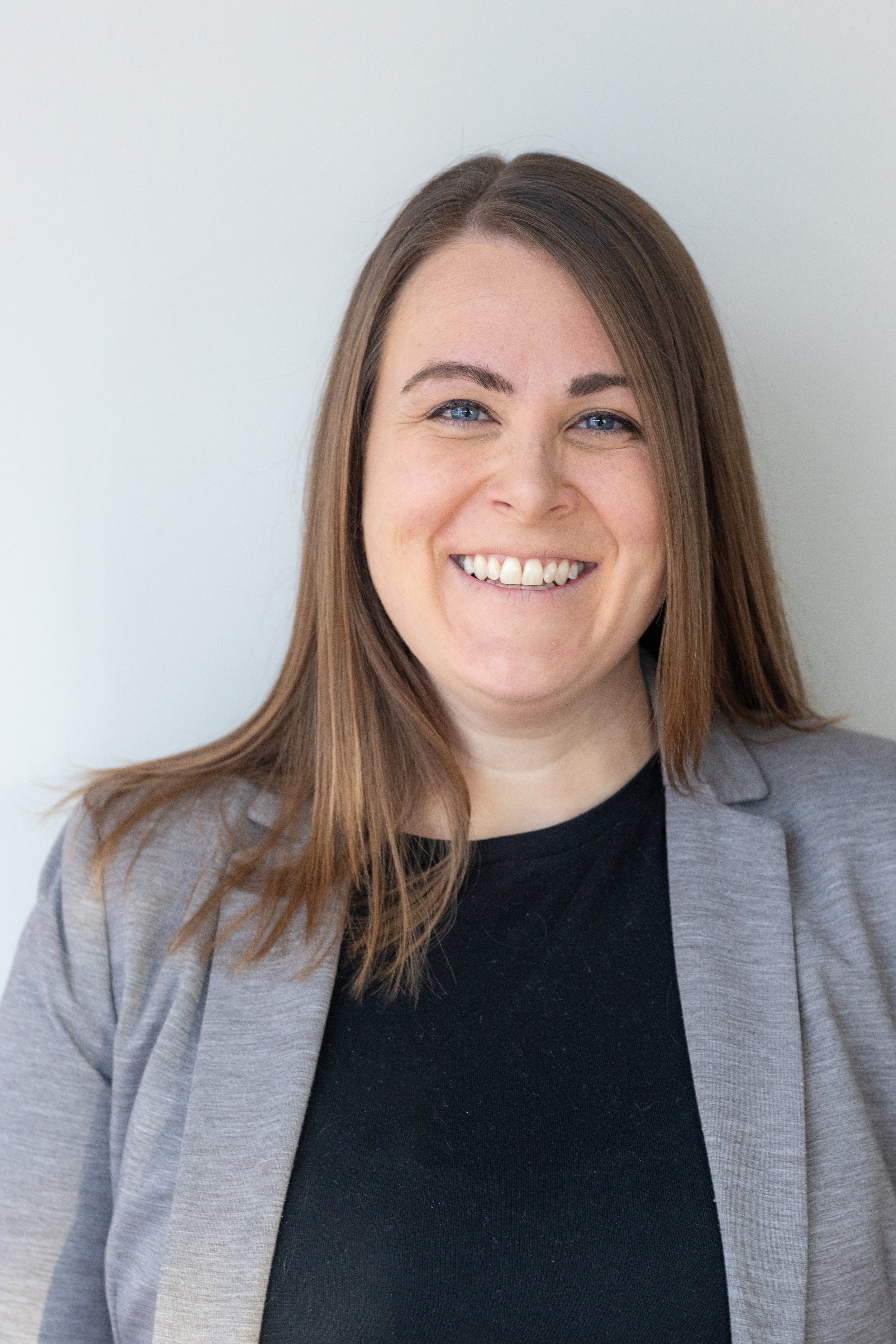Erica Gathje, MD
About
Pronouns: she/her
Occupation and Specialty: Family Medicine Physician + Obstetrics
Location (Clinic/hospital): Northwest Family clinics
Location (City): Western suburbs, Minneapolis
Offers Telehealth: Yes
Contact Information: 763-504-6600. https://www.northwestfamilyclinics.com/
Bio: I am a family physician working with all ages of patients. My services focus around primary care with an emphasis on preventative care. I have a particular interest in working with young families through pregnancy and childbirth. I provide prenatal care and perform vaginal deliveries as well as continuing care after delivery with newborn/pediatric care. I have focused a lot of my career on taking care of patients with lower socioeconomic resources and who may experience bias through race, identity or other.
Approach to care
What does it look like for you to provide care to patients in larger bodies? How is, or isn’t, your approach different from how you care for patients in smaller bodies? If you work with children, how is or isn’t your approach different when working with children?
For me, my approach to care is no different for a person in a larger body versus a smaller body, except for understanding that a person in a larger body most likely has experienced prejudice in the health care system in the past. My focus is on health and I aim to partner with a patient to strive for what goals they want to achieve rather than having an agenda of my own. I intentionally focus on these goals rather than bringing up someone's weight or body size (unless they bring it up first). When discussing preventative care, I focus on how a person moves their body (exercise) and what food they are putting in their body rather than specific diets or restrictions. I do not recommend "dieting" or pharmaceutical weight loss in any situation and take a similar approach in pediatric care- how is a child moving their body and what coping mechanisms for stress are we teaching them other than eating. That being said, there is a time and place for stress eating! But this is where mental health plays as big of a role in health- what other coping strategies does a person have and how can we work together to improve all aspects of their health.
What is your perspective on how weight is or is not related to health?
To me, weight is not related to health. There is plenty of scientific evidence to confirm this point. Health is a construct for physicial, emotional and mental well-being and is not defined by how much a person weighs but rather how a person feels in their body.
Finish this sentence: “Fat people are…”
Fat people are people. Likely they have experience prejudice because of their body size in their lifetime but from my perspective shouldn't be treated any different than any other person.
How do you, your clinic, and the healthcare system you work in use BMI (i.e BMI cutoffs for accessing certain services, BMI on charts and printouts, etc)? Is this flexible?
I very intentionally do not bring up BMI in appointments with adults. I firmly believe it is not an indicator of health and therefore focus on other areas of health. When discussing physical health I will talk about how a person moves their body and what nutrition they are giving their body but in my opinion these are not related tod BMI. Unfortunately, much of the rest of the healthcare system does not feel this way and there are other providers in my clinic that still focus on weight and BMI. Our charts and printouts still indicate these numbers but I will never be the first to bring them up and they can be hidden so a patient doesn't have to see them if they prefer.
If a patient declines to be weighed, how do you and/or your staff proceed?
Accept the decline and move on.
If a patient declines to discuss weight loss, nutrition, and/or exercise, how do you proceed?
I would accept this without question. As previously mentioned I aim to work with a patient towards their goals and if they have other goals, this is my focus. I do think exercise is important for all persons but not as a means for weight loss. So, I like to talk about how a person moves their body but if they don't have that aim, we can move on, no questions. I do not ever suggest weight loss to a patient.
What does the physical accessibility of your office space look like? What kinds of accommodations are present for people in larger bodies? Are there things you wish were in place that are currently not?
My office is a no-step entry, one floor building that is fairly small so minimal walking between spaces. We have chairs without arms that are less restricting. Our scale is removed to a semi-hidden space so other patients can't see. I do wish our rooms were larger however. Sometimes it can feel like a tight space to move around in.
What do you do to allow fat people to feel comfortable and welcome in your office?
I do my best to personally make every patient feel comfortable regardless of body size. Sometimes other providers or staff in the office do not hold the same values or opinions that I do but I hope that my care aims to be as unbiased, welcoming and natural as possible. It is taking time to change medicine to understand that weight/BMI does not equal health. While I wish more of my colleagues and other medical specialties had more weight-neutral practices, I do the best I can to first start with myself providing the care I would want as a patient.
If you’d like to use this space to talk about any identities (gender, race, size, sexuality, etc.) you hold and how this relates to your care, please do so.

